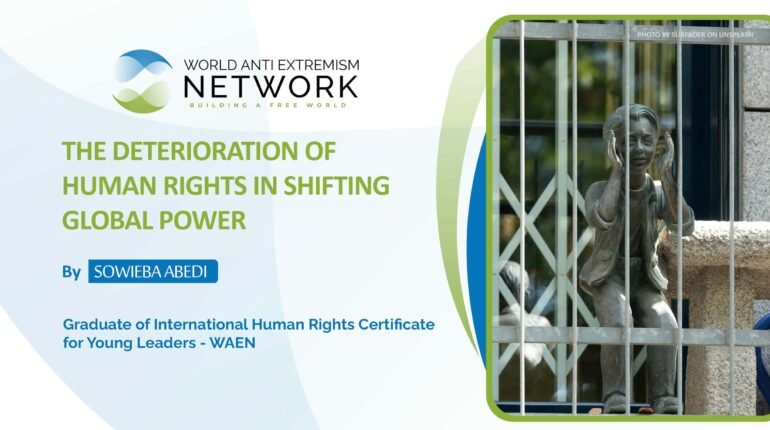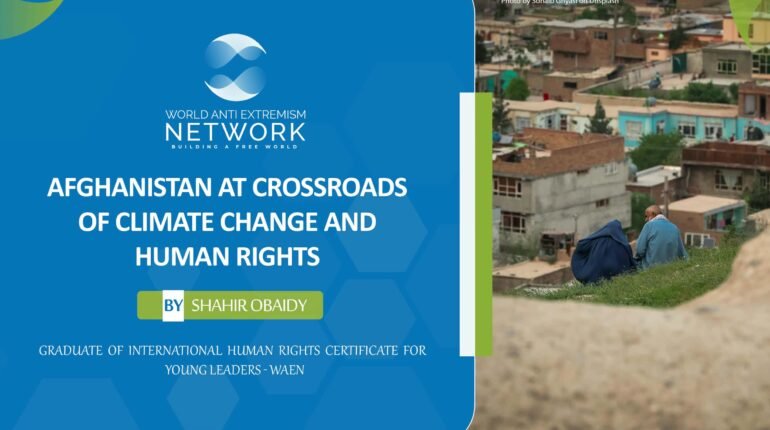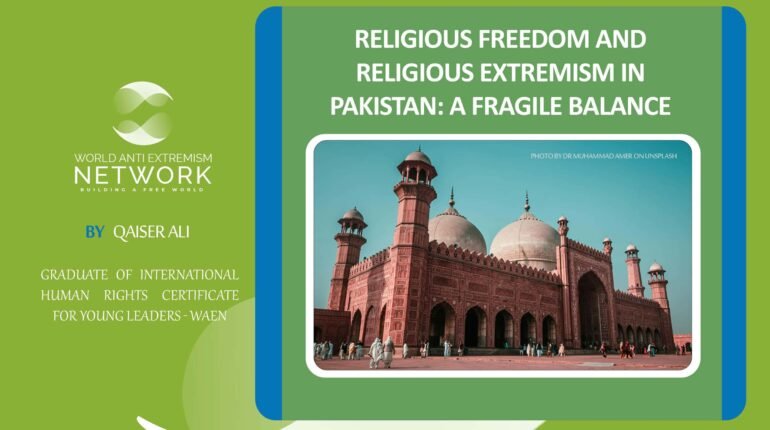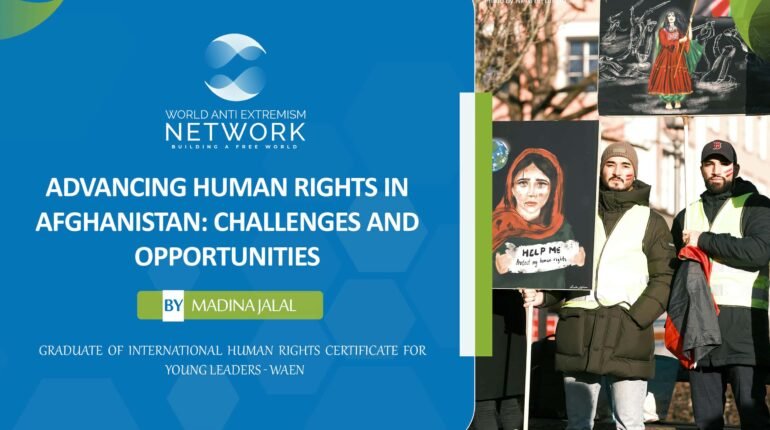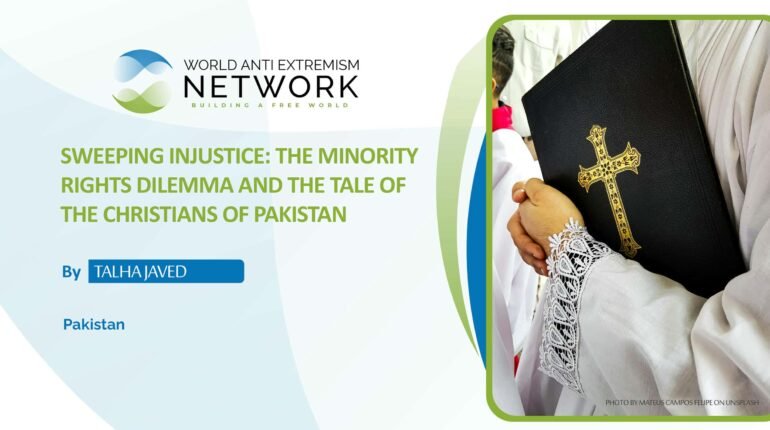Sectarianism in Pakistan: Lived Experiences, Sour History & Potential Remedies
- World Anti Extremism Network
- Sectarianism in Pakistan: Lived Experiences, Sour History & Potential Remedies
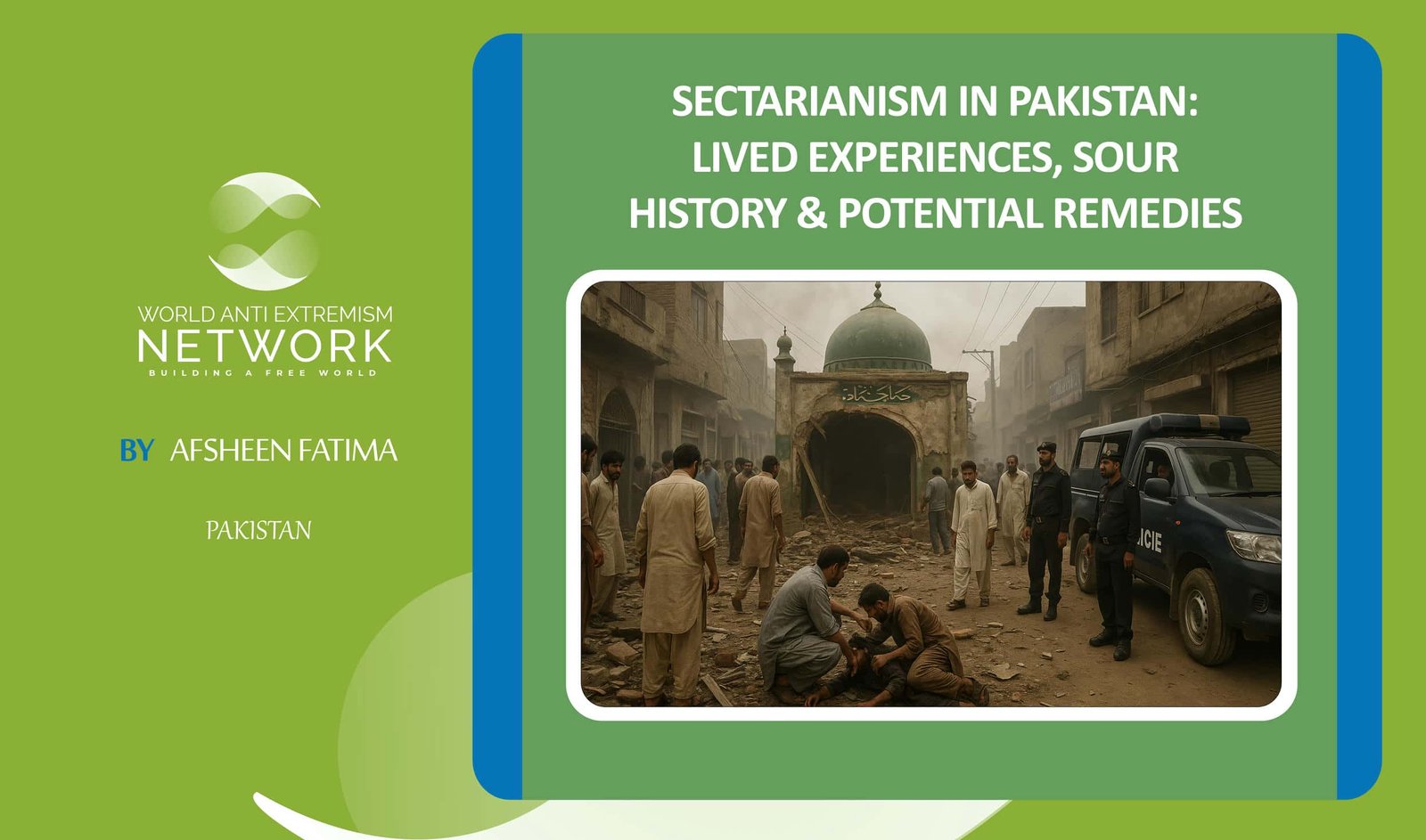
- Sectarianism in Pakistan: Lived Experiences, Sour History & Potential Remedies
- By Afsheen Fatima
- March 4, 2025
- Download PDF
Share on:
Sectarian violence in Pakistan has claimed thousands of lives, targeting minority communities, especially Shias, through bombings, assassinations, and systemic discrimination, leaving deep scars on the nation’s social fabric. This article by Afsheen Fatima tells the painful story of how sectarian violence, especially against Shia Muslims, has shaped many lives in Pakistan, including her own. She explains how this hatred has deep historical roots, starting from political and religious policies in the 1980s, and how extremist groups have grown stronger over the years. Is this a failure on the part of the Pakistani state to protect its minorities? If yes, then what urgent reforms are needed to stop this violence and build a more tolerant society? If you are interested in getting these answers, this article is a must-read.
About the Author
Afsheen Fatima is a Senior Lecturer at Iqra University, where she has been teaching since 2022. She teaches Introduction to International Relations to undergraduate students and actively mentors them in various social initiatives. She regularly organizes guest lectures, workshops, and training sessions to help students develop essential skills for today’s dynamic world.She holds a Master’s degree in South Asian Studies & International Relations from Turkiye, where she was awarded the prestigious Turkiye Burslari Scholarship. Her academic interests include leadership, media and politics, food security, identity politics, human rights, and sustainable development.Afsheen is an alumna of several international programs, including the Asia-Pacific Training Workshop on Global Citizenship Education (APCEIU/UNESCO), the Atlas Corps Virtual Leadership Institute, and the Informed Voices Program on Media Literacy by the International Youth Alliance for Peace. She also served as a Selection Committee member for the Community Solutions Program (CSP) 2025 cohort. Currently, she is a Foreign Policy Fellow at the Impact and Policy Research Institute (IMPRI – India), working on a research project titled “Youth Perspectives on the Role of Women in Foreign Policy in Pakistan.”
The opinions expressed in these articles are solely those of the authors and do not reflect the views or positions of the organization. If you find any information incorrect, please contact (research@worldantiextremism.org), and we would be happy to assist you. You can download, distribute, and reuse this work, provided you credit the author and cite the original source.
Related Articles
Subscribe to our newsletter and stay updated.
Contact
Toronto, Ontario, M1L 0E5 Canada
Subscribe to our newsletter and stay updated.
Contact
Toronto, Ontario, M1L 0E5 Canada
Subscribe to our newsletter and stay updated.
Contact
Toronto, Ontario, M1L 0E5 Canada


